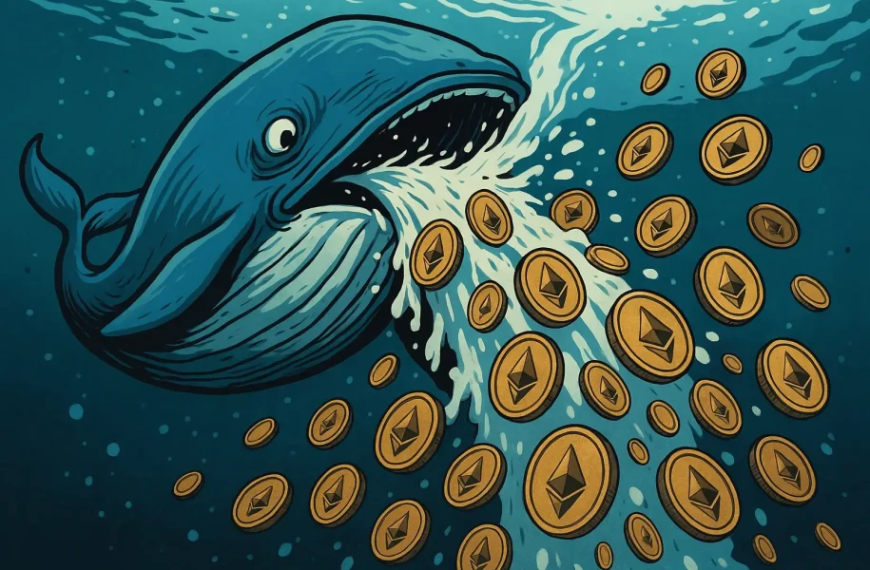Early ETH Whale Sells $24M in Tokens — Should You Be Worried?
An Ethereum ICO whale sells $24M worth of ETH — what does this mean for investors?

A legendary Ethereum whale, who received 76,000 ETH during Ethereum’s 2015 ICO, has officially sold off the last of his holdings. Just today, the whale transferred 2,000 ETH to Kraken, and over the past two weeks, he has sold 14,000 ETH, totaling a staggering $24.7 million.
This move is sparking debate within the crypto community. Should retail investors be concerned when such a long-term holder exits the market?
Here’s what it could mean:
-
Profit-taking, not panic: The whale bought ETH at around $0.30 in 2015. Selling now simply locks in huge profits — a common move after nearly 10 years.
-
Market pressure: Selling large amounts on centralized exchanges like Kraken can lead to short-term price dips due to liquidity pressure.
-
Investor sentiment: Whale moves often influence public confidence. Some might interpret this as a signal to sell, others as a routine portfolio adjustment.
-
Not necessarily bearish: There’s no sign the whale is shorting ETH or moving into rival assets — this could be a personal financial decision.
Overall, while such a large sell-off might stir headlines, it’s important to view it in context. Ethereum remains one of the most widely used blockchains, and one whale’s exit doesn’t signal the end of the ecosystem.
Have thoughts on this whale’s exit? Let us know in the comments and follow Trafy.io for more expert crypto insights.



































